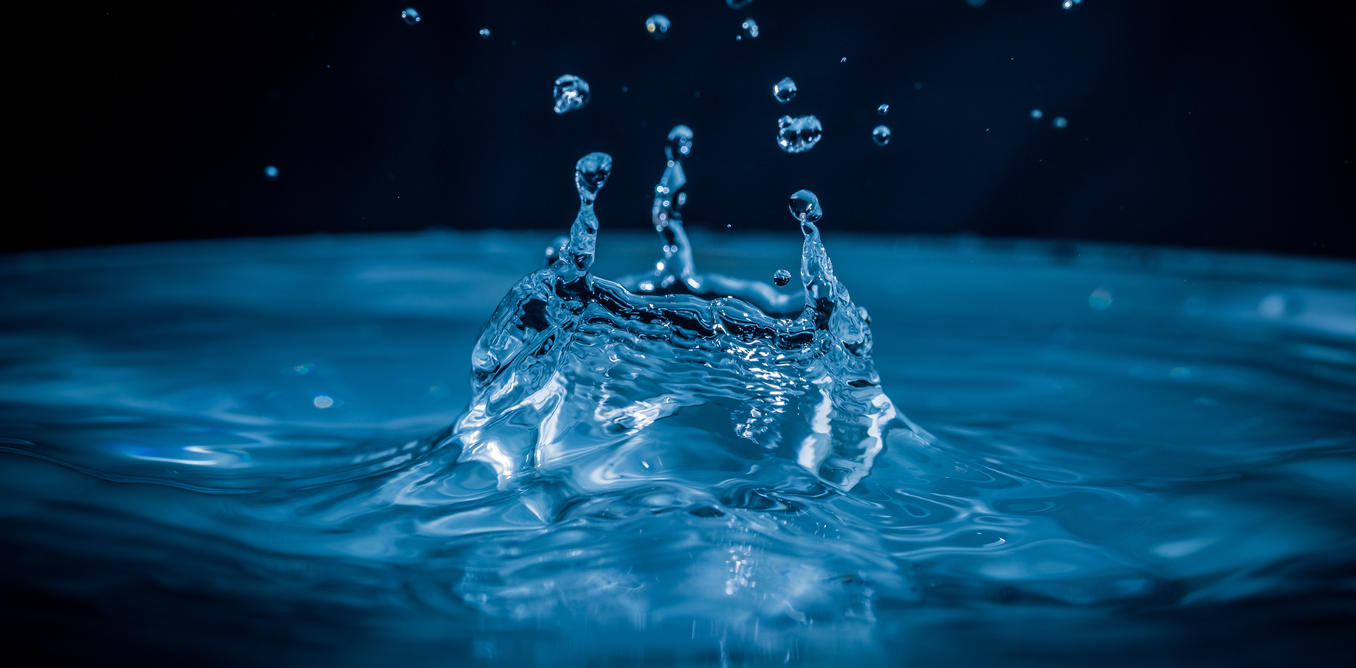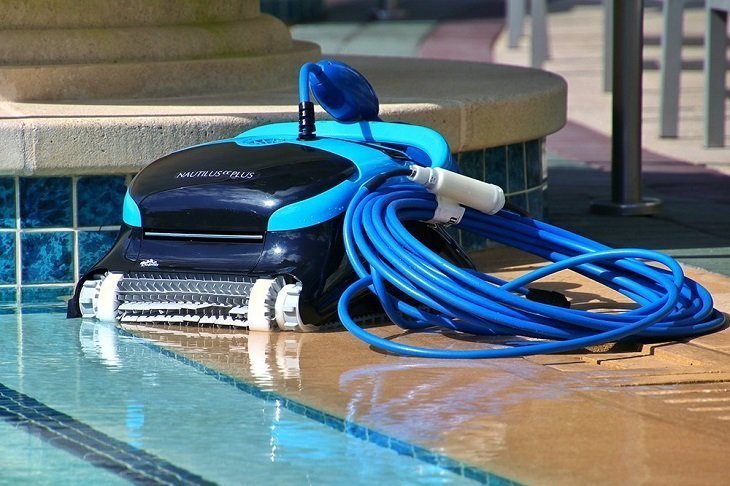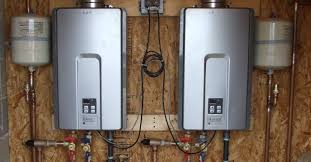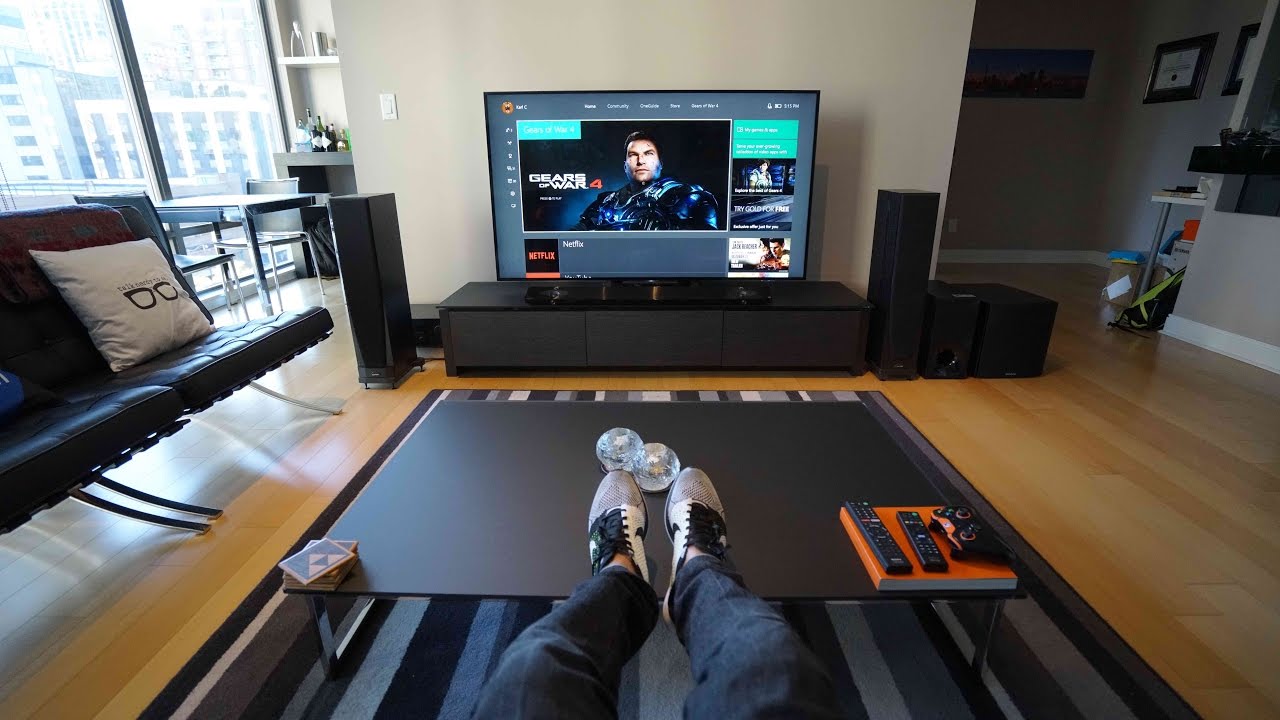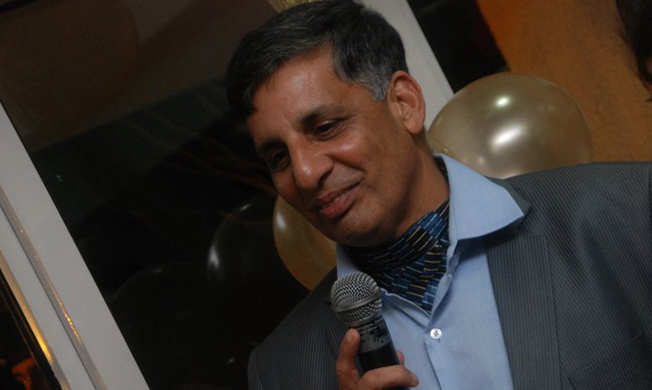 With the water in most parts of India unfit for most of the daily chores, holiday home and vacation home owners can hugely benefit by using water conditioners, says Mr. Sunil Nanda, Director at JS Water Energy Life, a company manufacturing magnetic water conditioners.
With the water in most parts of India unfit for most of the daily chores, holiday home and vacation home owners can hugely benefit by using water conditioners, says Mr. Sunil Nanda, Director at JS Water Energy Life, a company manufacturing magnetic water conditioners.
Excerpts of the interview…
Briefly please tell us what water conditioners are and how different are them from traditional ROs?
Sunil Nanda: The commonly used terms like Water softeners and RO systems are all part of the wider ‘Water Treatment’ process. To put these terms in perspective, water treatment is an all encompassing term, under which there could be three major processes, viz water filtration, water softening and water conditioning. To answer your question, Reverse Osmosis is a type of advanced water filtration system which is a ‘Point of Use’ system, for example only in the kitchen for drinking water. RO systems waste a lot of water, is expensive to run and demand heavy maintenance. The rejects generated in the RO process are damaging to the environment. Water Softeners neutralise the noxious salts in water by substituting them with less harmful salts. Water conditioners on the other hand are natural and green way to treat water, and these can handle enormous quantities of water (for the whole multi storey building or industry even).
Water Conditioners, and in particular Magnetic Water Conditioners (MWCs) are natural ways to treat water. Another point to note is that domestic users in most cases in India would require a RO system (for drinking only) and a Water Conditioner system for all water use in the domestic environment. For example washing of clothes and utensils, bathing (30% of water approximately is absorbed through skin), geysers and kettles, feed water for pets, gardening, swimming pools, aquariums, and even for input source to a RO plant (wherein it enhances the life and efficiency of RO).
What are the benefits of water conditioners?
Sunil Nanda: There are immense benefits of the Water Conditioners (like our Magnetic Water Conditioners) for domestic users. Broadly, these benefits can be at four different levels. First, in plumbing and heating water elements like geysers and kettles, wherein corrosion does not take place, as water conditioners do not allow the noxious salts in water to precipitate on the pipe surfaces. Consequently, each holiday home owner would save on power consumption (say 20 to 40%) in heating bills for geysers, avoid premature failure like leakages of plumbing pipes, avoids corrosion. Second, it saves washing powders for clothes and utensils by as much as 20 to 40 percent. Clothes do not get damaged by salts in water. Third, it would be medically beneficial to our own system. It prevents hair-fall especially where the hair length makes them vulnerable, makes the skin glow, and results have also shown that it helps our cells to get more oxygen, thereby preventing many diseases. Fourth, it has very visible advantage for animal and plant life. For example, pets would be healthier, plants grow stronger and bigger resulting in better fruits and flowers. Our estimate is that water conditioners will increase productivity by 20% or so. Moreover, such plants can grow even in brackish water.
How can a holiday home owner benefit from these water conditioners?
Sunil Nanda: Holiday home owners can benefit tremendously from water conditioner usage. First, the water in most parts of the country has noxious salts in it, making it unhealthy not only for consumption, but also for other uses like in bathing, watering plants in the garden, in swimming pools, washing clothes, utensils, etc. With several electronic and electrical devices like, washing machines, dish-washers, geysers, etc. Installed in a holiday home, use of water conditioners can lengthen the lives of these devices by several years.
Moreover, most holiday home owners stay in a different city and thus may not accompany their guests every time they come. Here if the holiday home owner uses water conditioners, he can be rest assured that the guests will not have to encounter clogged kitchen & bathroom sink faucets. So for holiday home owners it is a win-win situation. It’s a worthy investment.
How much maintenance do these water conditioners require?
Sunil Nanda: These systems typically need no maintenance after installation. It does not require any electrical power to run, therefore they work 24/7.
How easy is it to install a water conditioner in a house?
Extremely easy. The system takes no more than two minutes to install. We would need to know the water distribution system for the house or the building, the size and material of the pipes used and the source of water being used in the house. Engineers would generally visit the holiday home to find simple answers to these questions.
Do you have any clients who have installed your water conditioners in holiday homes/ vacation homes?
Sunil Nanda: In India, most systems that we have sold are to individual home owners since we have just launched these high technology water conditioners in the market. Overseas, we have sold to hotels, nursing homes, hospitals, holiday homes, farmers, poultry and dairies, industry, wineries…and the list goes on and on. Our company sells about 100,000 systems in a year. In India, the market is just warming up to these high quality systems and we see potential sales of similar numbers within 2 to 3 years. We expect that holiday homes and hotels will be ‘Early Adaptors’ for this product.
What is the operating life of these water conditioners in terms of years?
Sunil Nanda: The operating life is a minimum of 25 years, but we would not be surprised if these last over 40 years. The high quality magnets lose just 3% of their power in 40 years.
How cost-effective are residential water conditioners vis-a-vis traditional ROs one gets to see in the market?
Sunil Nanda: Water conditioners are very cost-effective. Typically a domestic system for a small independent house would cost about Rs 20,000 and that for a holiday home about Rs 35,000. And these systems last for over 25 years. The savings in power bills and washing powders alone would recover the cost within 6 months. There is no expenditure on maintenance, unlike a typical RO system. We would however like to reiterate that users like holiday homes, require both the systems. The RO system would be best used for drinking because its capacity gets limited by cost. The Magnetic Water Conditioners (MWCs) on the other hand can handle any amount of water flow at an economical cost. Ideally, MWC is fitted on the supply pipe from the main water tank feeding into various use points within the house or a holiday home. One such feed would be into the RO system, which will make even the RO system more economical to run.
To get more information & assistance, please submit the form below and our specialist will get in touch with you at the earliest.

